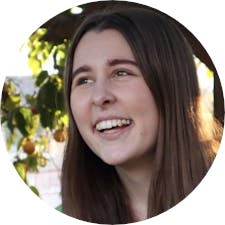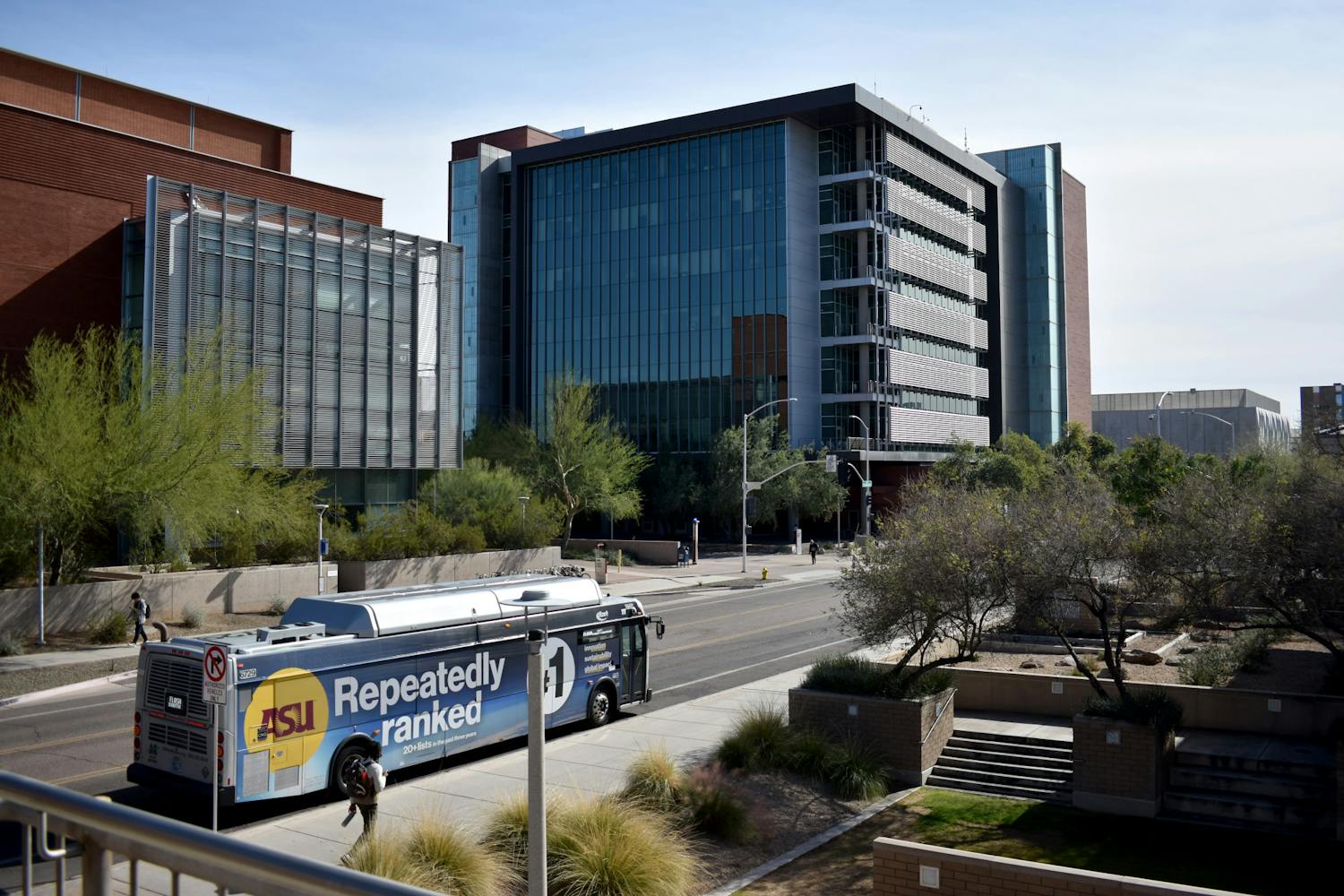As COVID-19 vaccines roll out and testing becomes less frequent, the city of Tempe is leaning heavily on its wastewater testing program, a collaboration between ASU and the city that detects how COVID-19 is spreading through testing water from toilets, to measure where the virus is still prevalent.
According to John Hopkins University and Medicine Coronavirus Resource Center data from March 2021, testing for COVID-19 in the U.S. has fallen by 32% since January, and if trends follow, it will only continue in that direction.
“People are not testing for COVID, so that can’t be a strong indicator, but it’s still a data point,” Tempe deputy city manager Rosa Inchausti said.
The wastewater testing results are used by the city of Tempe as the lead indicator, along with three others, to understand the public health of the community regarding COVID-19. Residents and community members can also view the full dashboard, which is updated weekly.
The Centers for Disease Control and Prevention states wastewater testing data is useful as a leading indicator "when trends in the number of new case patients are fluctuating or for assessing possible impacts of community mitigation efforts."
The CDC is working on launching the National Wastewater Surveillance System in response to the pandemic, and in April 2020, it contacted Tempe officials about the city's own wastewater program.
Tempe partnered with ASU Biodesign Institute to launch its wastewater testing program in 2018, initially testing for opioids and other drugs. The program transitioned to testing COVID-19 in March 2020 after the pandemic began.
Biodesign receives samples from different parts of the city three times a week and takes them back to its labs to conduct testing, said Erin Driver, an assistant research scientist for the Biodesign Center for Environmental Health Engineering. Biodesign then aggregates the three sets of samples into a data set that it provides to the city of Tempe.
The partnership between Biodesign and Tempe has been instrumental in the success of the program, especially when it came to the transition from opioids to COVID-19.
“One of the best things about Tempe and ASU together is our vision for creating greater outcomes for communities,” Inchausti said. “The partnership has been tremendous.”
In May, the program helped Tempe win a Smart 50 Award, which is awarded to cities that have created "innovative projects with current or future municipal-scale impact and application," according to the award's website.
"Tempe’s program serves to influence and encourage other cities by being a model for creating an early warning signal program for protecting community wellness, driving decision-making with data, communicating with transparency, and cultivating community trust," Smart 50 Award panelists wrote of the city's program.
The program may be used in the future to monitor early warning signals for other possible diseases or outbreaks, including looking for other possible COVID-19 variants, other biomarkers and even conditions such as asthma.
“So if we know there’s a concentration of asthmatic residents living in a certain area, we should look at the species of trees, are they contributing to that? And then working with our arborist to plant different trees,” Inchausti said.
Driver said Inchausti hopes to not limit the wastewater program to testing for infectious diseases or opioids. An idea she raised was an all-encompassing health dashboard, which may include metrics such as serotonin levels, stress levels and what kind of foods the community is eating.
“It always comes down to the people, the people we serve (and) improving their lives,” Inchausti said.
Reach the reporter at mcfisch4@asu.edu and follow @morgfisch on Twitter.
Like The State Press on Facebook and follow @statepress on Twitter.
Continue supporting student journalism and donate to The State Press today.

Morgan Fischer is the politics editor, she works with her desk to cover topics related to politics in the ASU community. She has previously worked as an intern for RightThisMinute.




